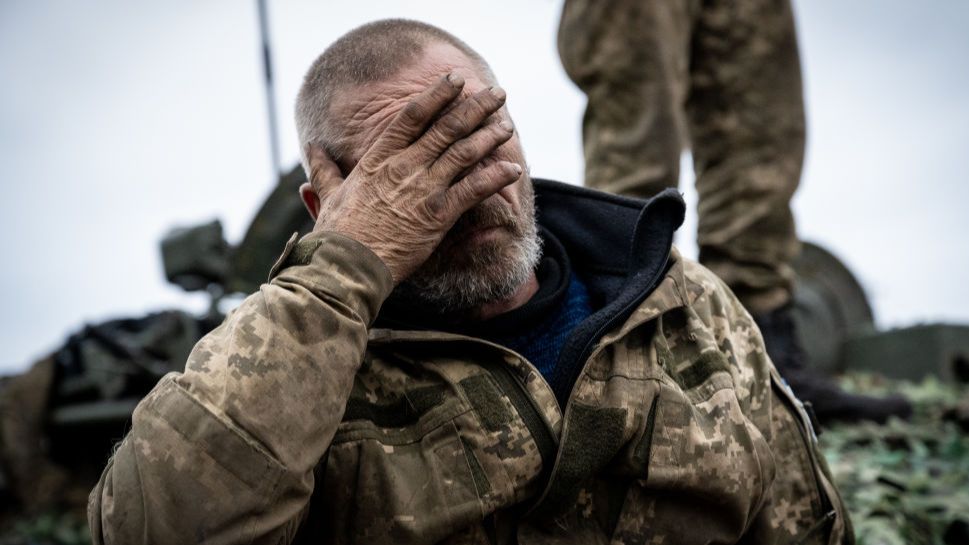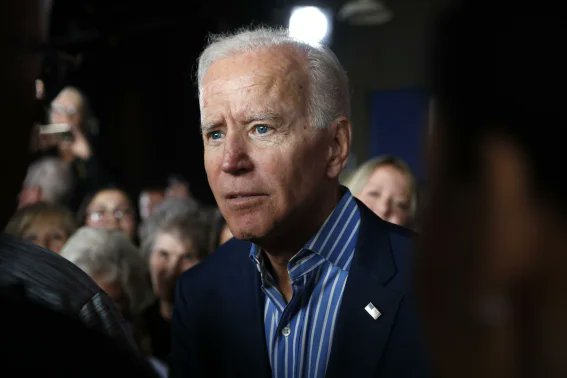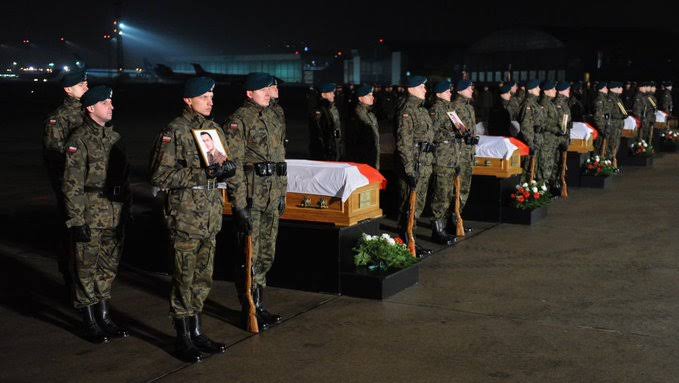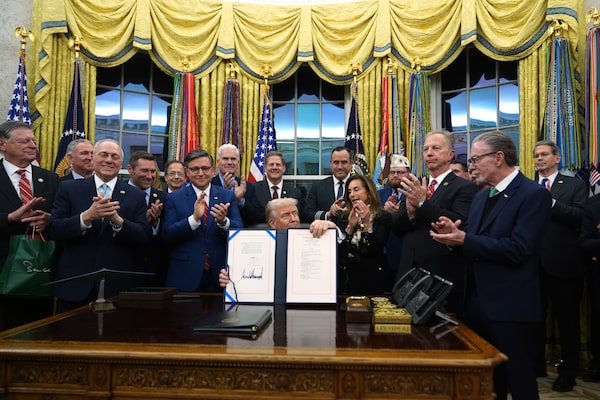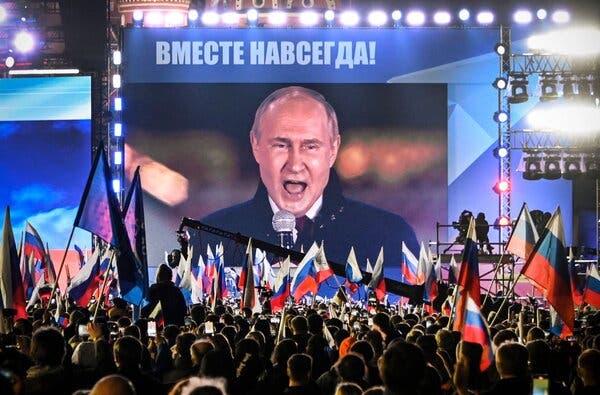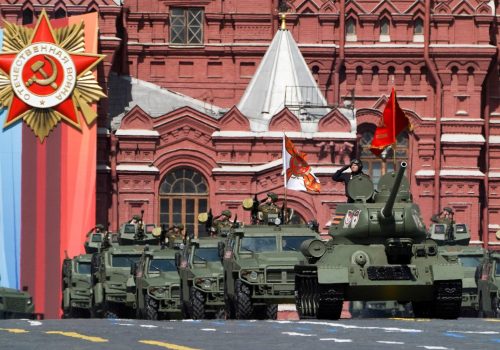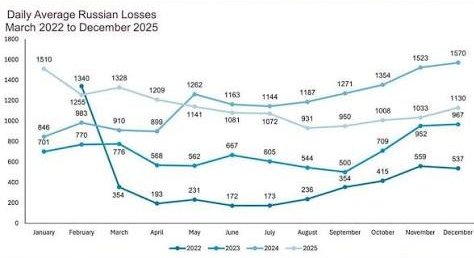🇦🇫 THREAD:
I keep hearing nonsense about the Afghan forces not being willing to fight.
It's a disgusting lie.
We took out almost all our troops in 2014 - since then the Afghans fought like hell.
But in 2021, we left them without ammunition, food, water, and air support.
1/🧵
I keep hearing nonsense about the Afghan forces not being willing to fight.
It's a disgusting lie.
We took out almost all our troops in 2014 - since then the Afghans fought like hell.
But in 2021, we left them without ammunition, food, water, and air support.
1/🧵

People keep forgetting that the West pulled out almost all of its troops in 2013-14. NOT in 2021.
And after that, the Afghans did almost all the fighting.
The remaining Western presence was mainly advisors, logistics, and air support.
2/🧵
And after that, the Afghans did almost all the fighting.
The remaining Western presence was mainly advisors, logistics, and air support.
2/🧵

From 2014-2021, the War in Afghanistan was fought with Western money, supplies, and air support - but with Afghan blood, sweat, and tears.
The Afghan sacrifices were staggering.
During that period, 127 coalition troops lost their lives - compared to 50.000 Afghan troops.
3/🧵
The Afghan sacrifices were staggering.
During that period, 127 coalition troops lost their lives - compared to 50.000 Afghan troops.
3/🧵

The fact that the Afghans relied on the West for critical support (much of it provided by private contractors) was a choice made *for* Afghanistan by their (former) allies, primarily the US.
The Afghan military was *set up* to be integrated with and supported by the West.
4/🧵
The Afghan military was *set up* to be integrated with and supported by the West.
4/🧵
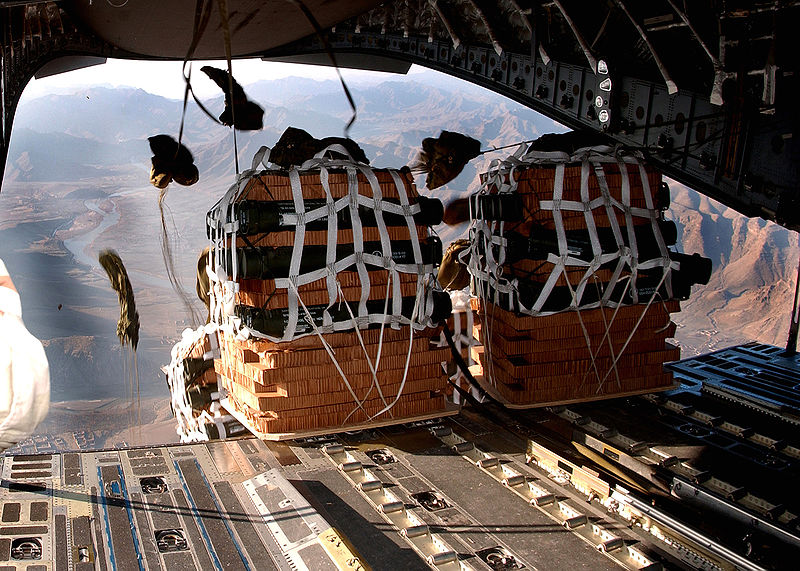
But why?
In the early 2010s, the main US priority was to get its forces out of Afghanistan as soon as possible - especially out of combat.
The quickest way to do that was to build the Afghan fighting units ASAP, but leave the support capabilities for later.
5/🧵
In the early 2010s, the main US priority was to get its forces out of Afghanistan as soon as possible - especially out of combat.
The quickest way to do that was to build the Afghan fighting units ASAP, but leave the support capabilities for later.
5/🧵
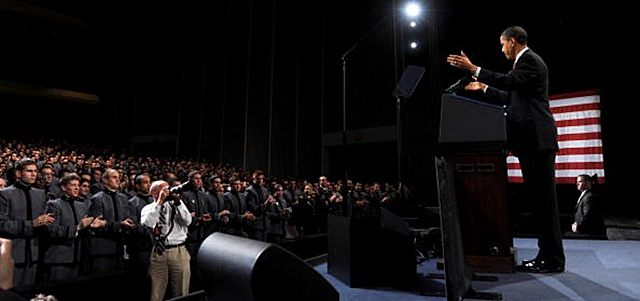
It worked. With Western support, the Afghan forces took over after 2014.
That doesn't mean it was perfect, far from it.
But it enabled the West to withdraw the vast majority of its forces and mostly leave the War to the Afghans.
And the Taliban gains were negligible
6/🧵
That doesn't mean it was perfect, far from it.
But it enabled the West to withdraw the vast majority of its forces and mostly leave the War to the Afghans.
And the Taliban gains were negligible
6/🧵
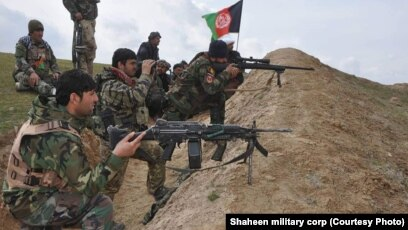
Beyond the critical material support for the Afghan forces, *political* support for the Afghan government also remained important.
The sense, psychologically, that the West was backing the Afghan Republic was an important source of reassurance - also for its military.
7/🧵
The sense, psychologically, that the West was backing the Afghan Republic was an important source of reassurance - also for its military.
7/🧵
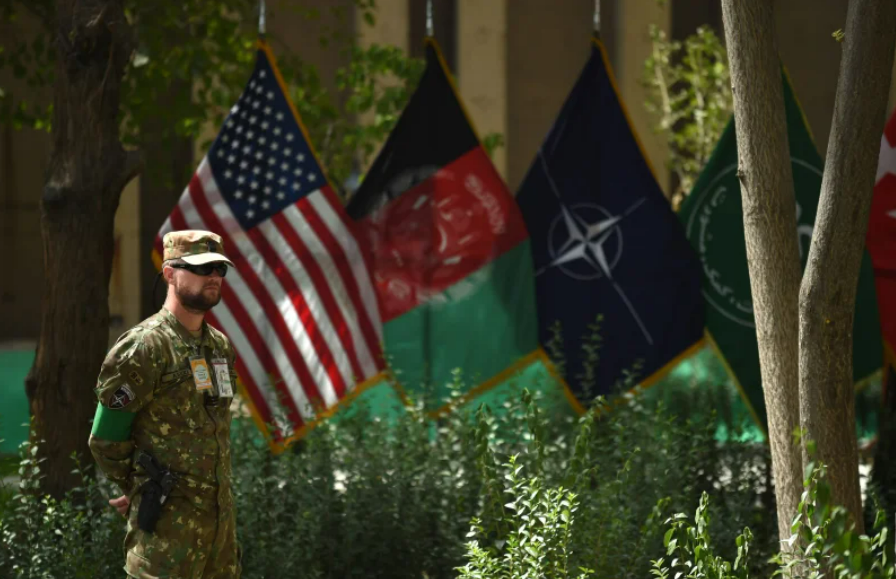
The Afghan military still depended on Western enablers after 2014 - particularly air support and logistics.
But our involvement radically dropped after 2014, and was mostly "arm's length" from then onwards.
Far less money was spent, and Western casualties were negligble
8/🧵
But our involvement radically dropped after 2014, and was mostly "arm's length" from then onwards.
Far less money was spent, and Western casualties were negligble
8/🧵
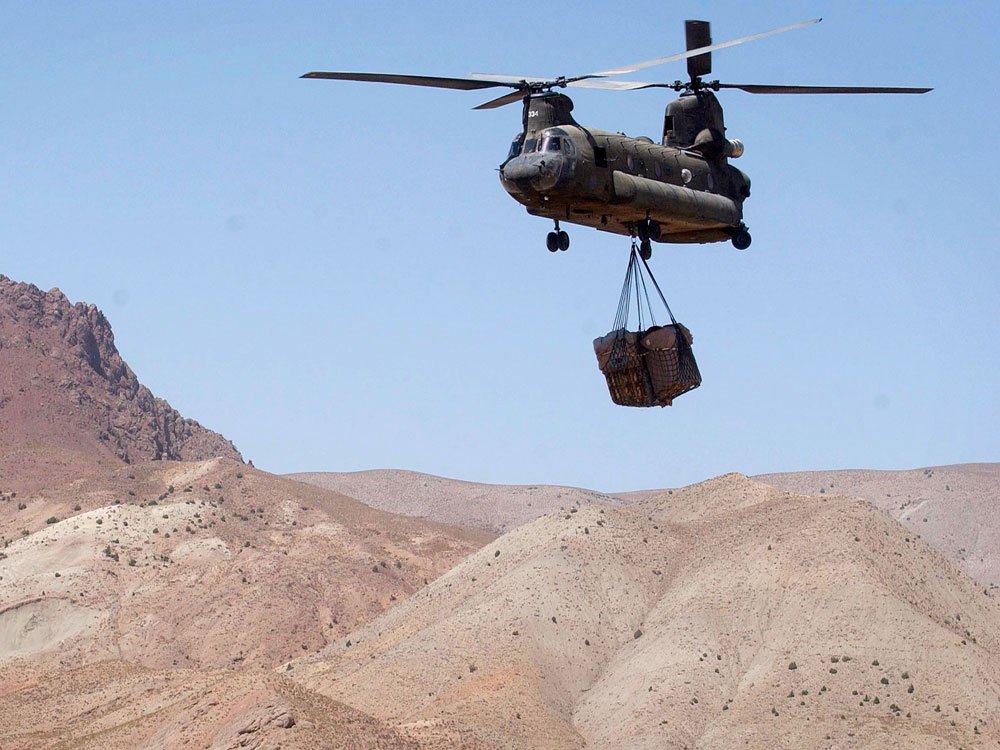
Longer term, however, little attention was paid to building Afghan enabling capabilities. Their forces kept being reliant on Western logistics and air support.
To some extent, that wasn't a problem. After 2014 Western involvement was low and sustainable.
9/🧵
To some extent, that wasn't a problem. After 2014 Western involvement was low and sustainable.
9/🧵
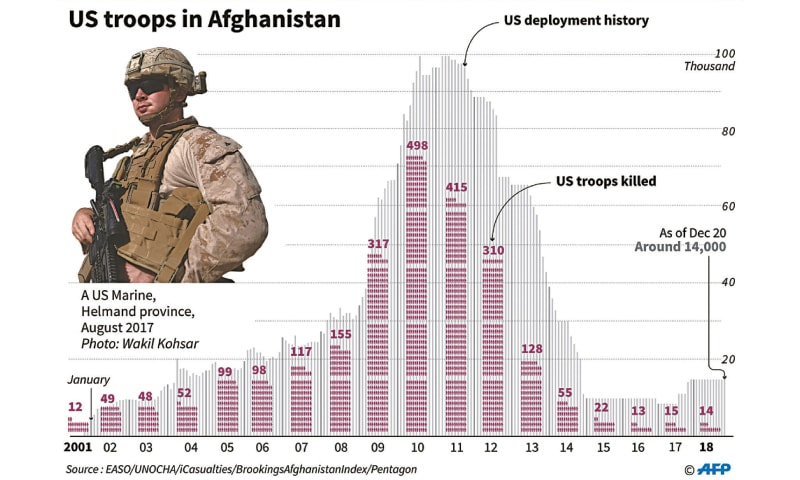
Some (rightly it turned out) worried about the sustainability of explicitly setting up the Afghan forces to depend on Western support.
"Not to worry," the US Government said, "we will never, ever, ever, take away the things you need to fight"
10/🧵
"Not to worry," the US Government said, "we will never, ever, ever, take away the things you need to fight"
10/🧵

Nevertheless, a more widespread basic understanding of the completely changed nature of the US role in Afghanistan was casualties of the US presidential elections in 2015 and 19.
As were the US promises of sustained support for their ally Afghanistan.
11/🧵
As were the US promises of sustained support for their ally Afghanistan.
11/🧵
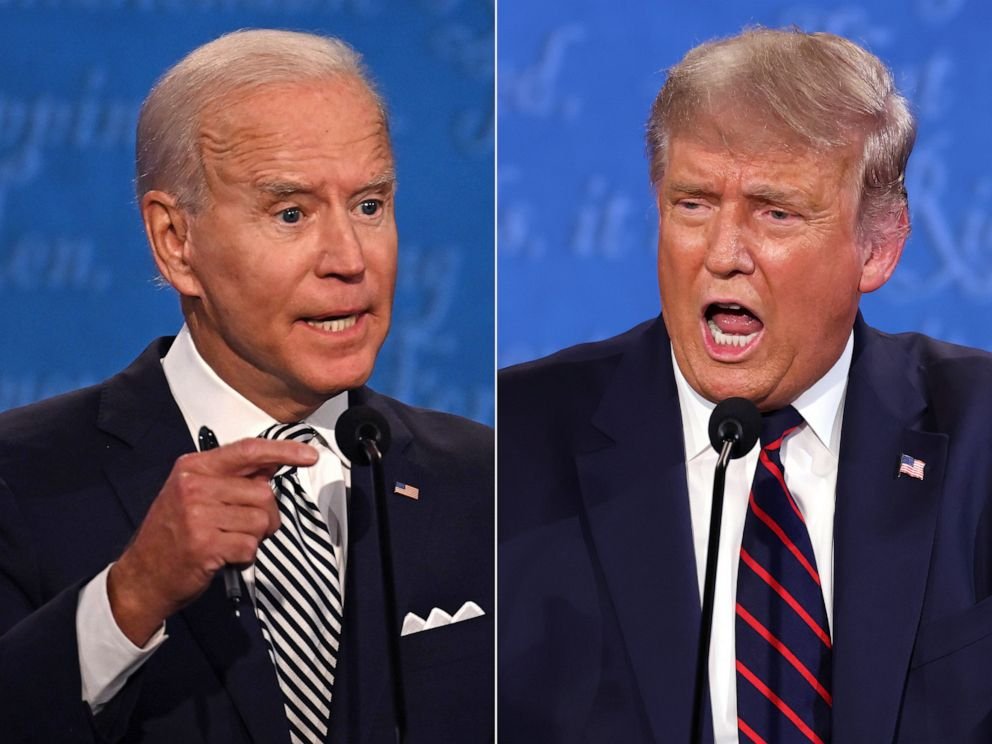
In blatant defiance of reality, both Trump and Biden promised to "end the war" - a war no longer fought by the US and NATO but by the Islamic Republic of Afghanistan.
But the Afghans still relied on the support they had been promised by the US to continue doing so.
12/🧵
But the Afghans still relied on the support they had been promised by the US to continue doing so.
12/🧵
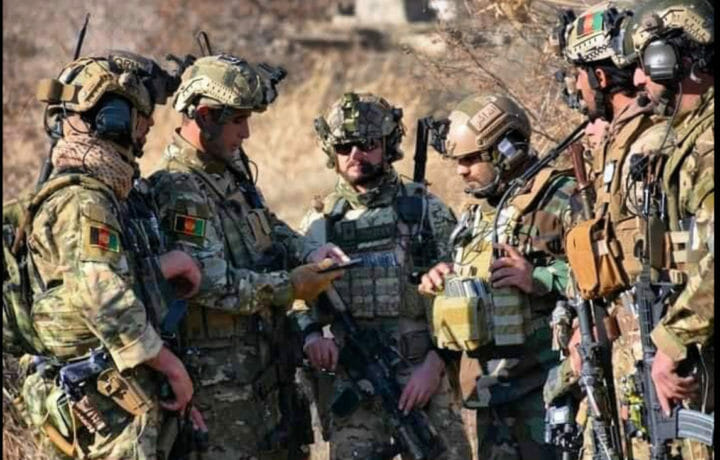
The result of that domestic political theatre in the United States was disastrous for Afghanistan.
It was the reason both for Trump doing the Doha deal with the Taliban without the Afghan government involved, and Biden then executing that deal in the worst possible way.
13/🧵
It was the reason both for Trump doing the Doha deal with the Taliban without the Afghan government involved, and Biden then executing that deal in the worst possible way.
13/🧵
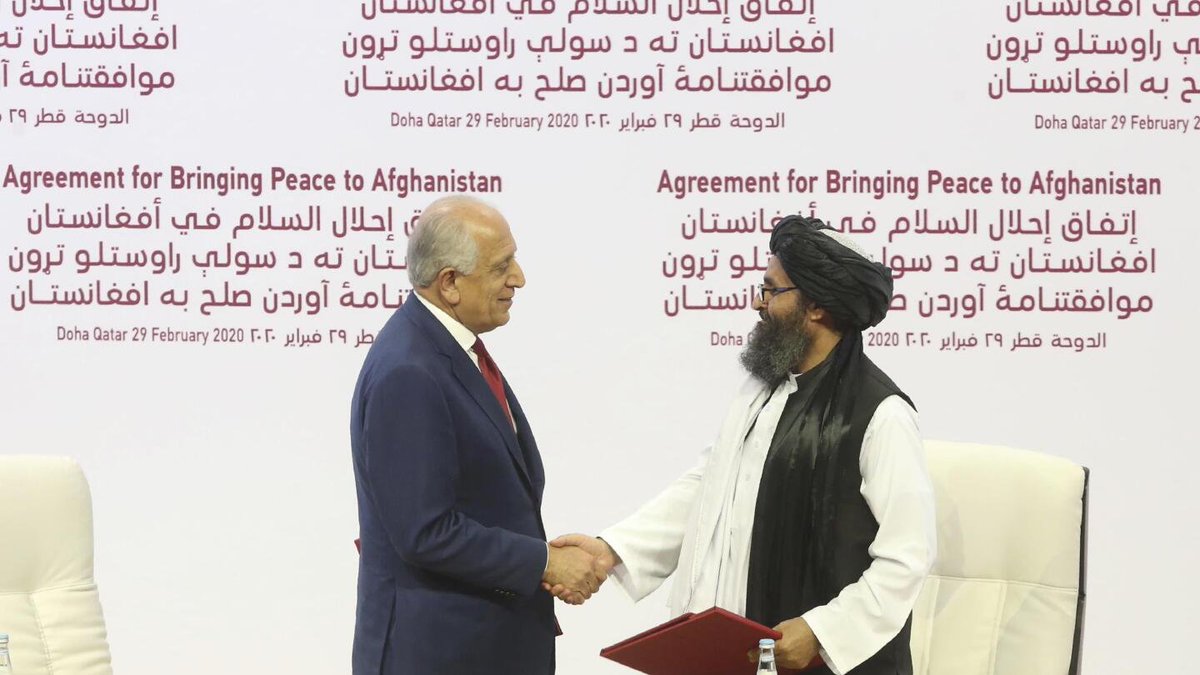
The Doha deal and the withdrawal struck two deadly blows to the Afghan forces:
1. The critical support capabilities that the Afghan military needed to keep fighting were taken away
2. US political support for the Afghan Republic was seen to be shifted to the Taliban.
14/🧵
1. The critical support capabilities that the Afghan military needed to keep fighting were taken away
2. US political support for the Afghan Republic was seen to be shifted to the Taliban.
14/🧵
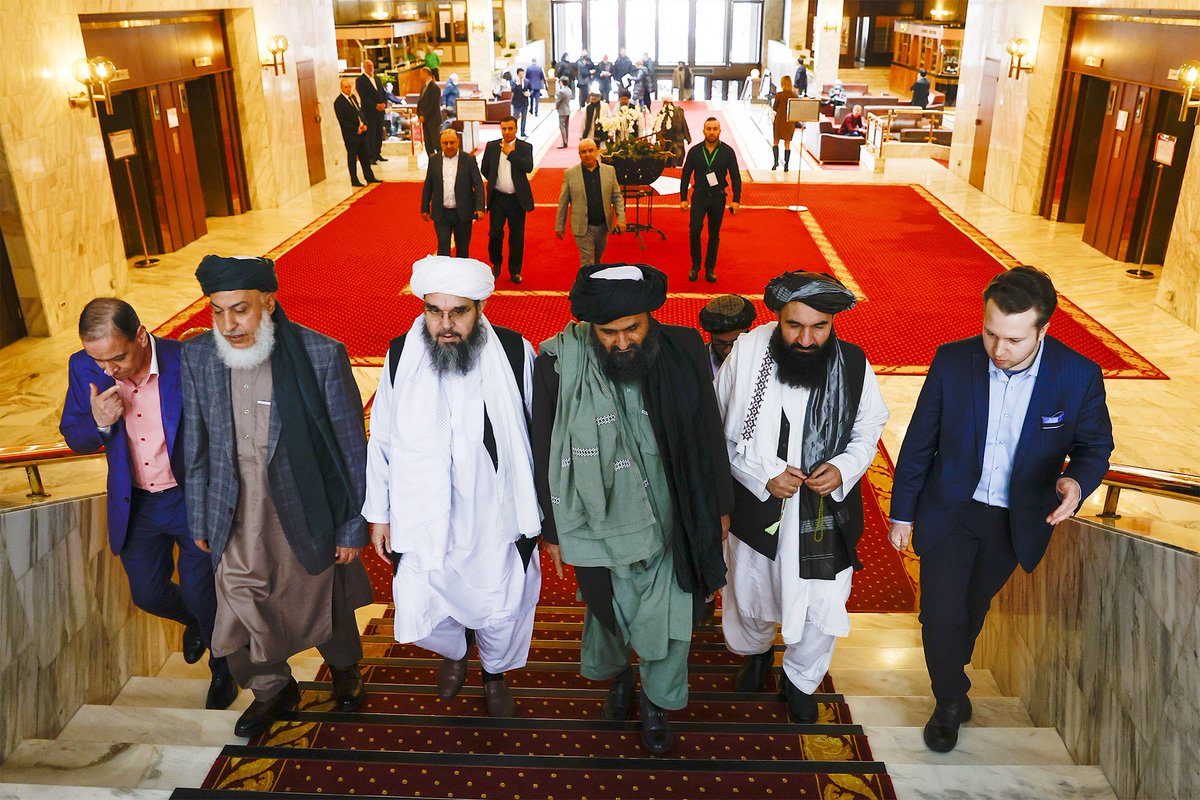
This is really important to understand, and contrary to both Trump and Biden's speeches:
The withdrawal in 2020-21 was not really about bringing home Western troops...
...it was about removing Western support for Afghan troops, who had already been fighting for 7 years.
15/🧵
The withdrawal in 2020-21 was not really about bringing home Western troops...
...it was about removing Western support for Afghan troops, who had already been fighting for 7 years.
15/🧵
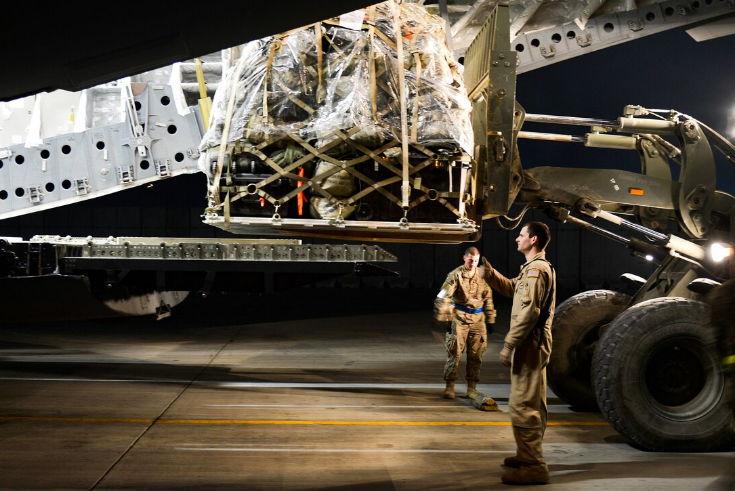
Critically, it's the removal of Western support -not the removal of Western combat troops- that caused the Afghan Republic to collapse and the Taliban to return to power
Western combat troops had already left *seven years earlier*.
16/🧵
Western combat troops had already left *seven years earlier*.
16/🧵
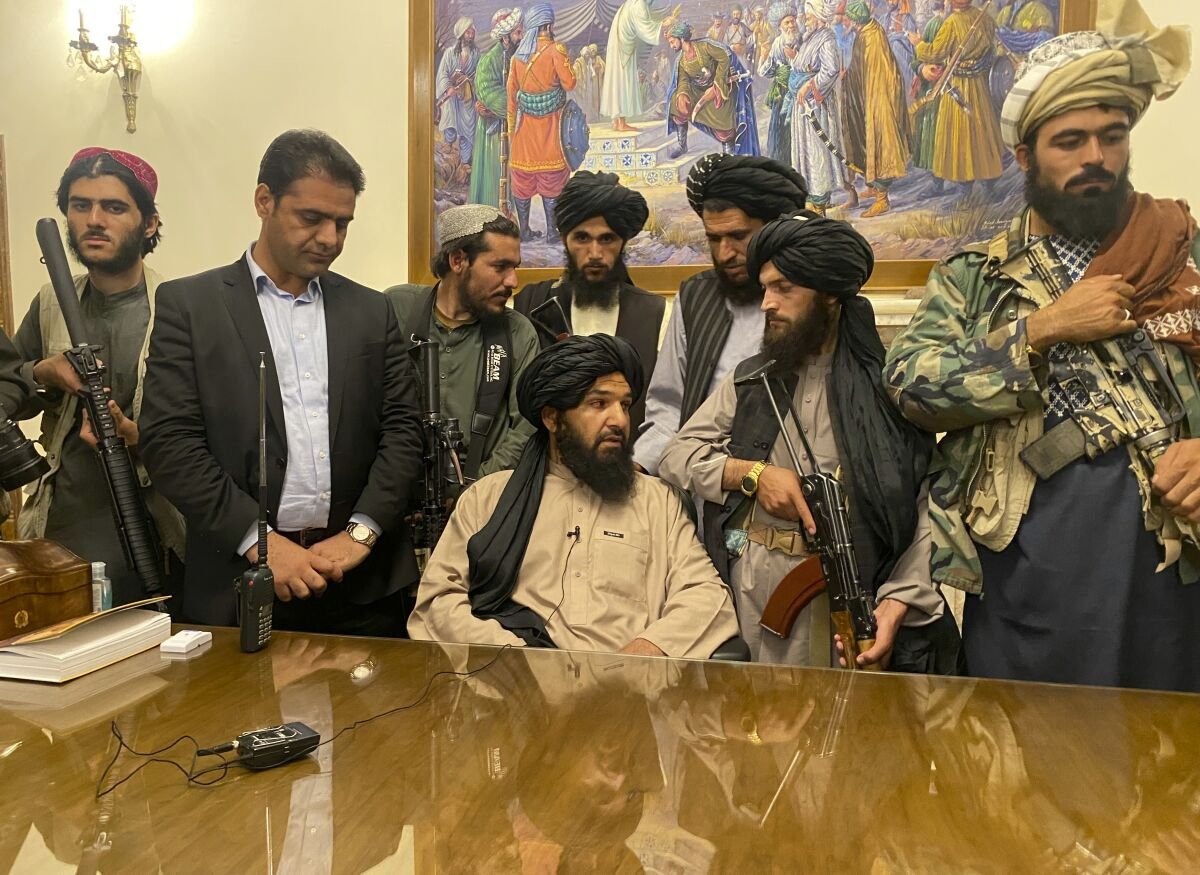
Different leaders in Kabul might still have saved the situation. We don't know.
But pulling the plug on their allies was a US decision - one they did not need to make.
And it's a decision that will come back to bite us.
But most of all, it is the Afghans that suffer.
🧵Fin
But pulling the plug on their allies was a US decision - one they did not need to make.
And it's a decision that will come back to bite us.
But most of all, it is the Afghans that suffer.
🧵Fin
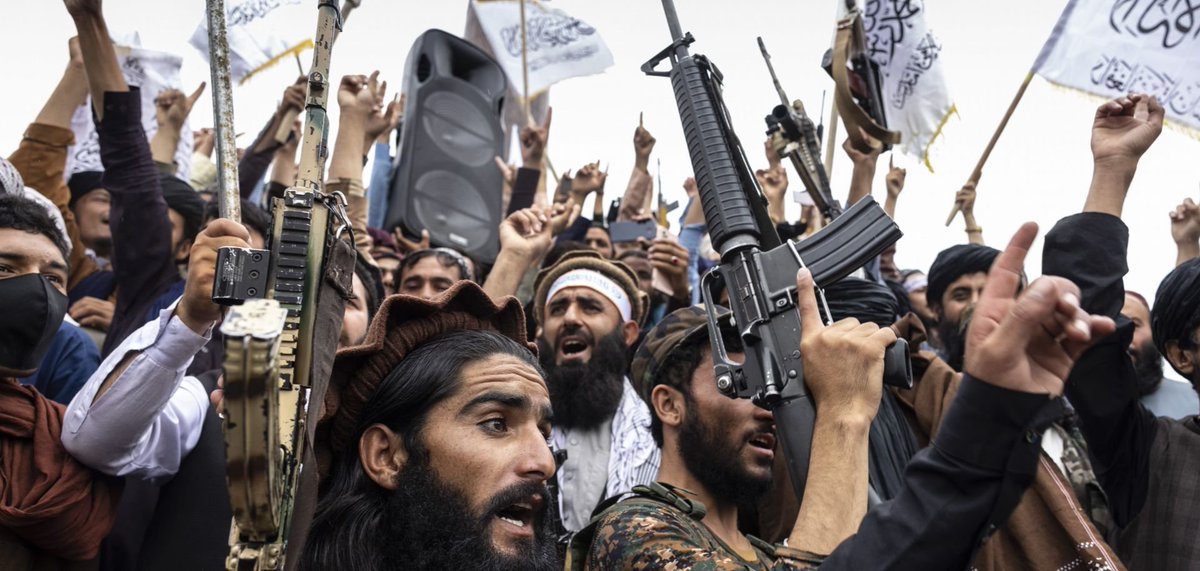
Here's another thread covering some other aspects of the same story:
https://twitter.com/StephanAJensen/status/1668703621771304960?s=20
Another thread related to this, going more into detail on the decision to unnecessarily restrict air support.
https://twitter.com/StephanAJensen/status/1678369783291551744?s=20
• • •
Missing some Tweet in this thread? You can try to
force a refresh


